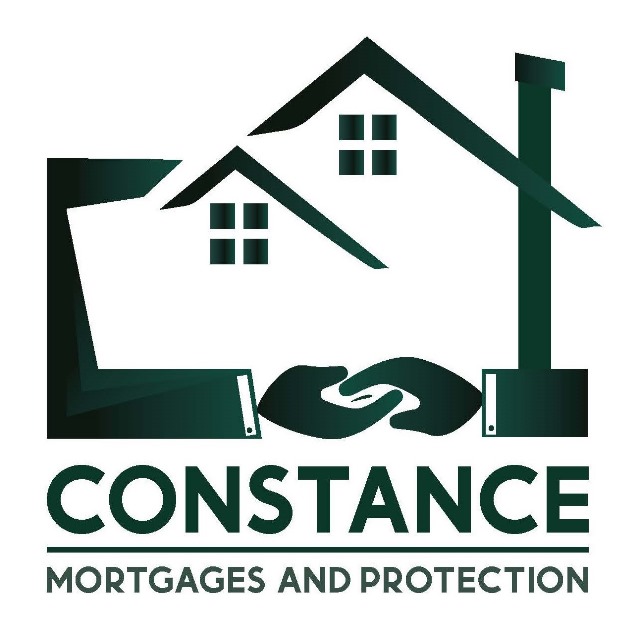
Frequently Asked Questions
What is a mortgage and how does it work?
A mortgage is a type of loan designed to buy a home, land or other type of real estate. It is an agreement between the lender and the borrower. The lender has the right to repossess your home if you do not keep up with the payments.
How much deposit would I need?
When you apply for a mortgage, you usually need to put down a percentage of the cost of the property value as a deposit. Usually, you need a minimum of 5% deposit. The more amount of deposit you put in, the better the interest rates will be.
How much interest do I pay on my mortgage?
Interest is paid on each mortgage but how much you pay depends on the – type of mortgage you get, how much you borrow, the term of your mortgage and the interest rate you have agreed with the lender. The quicker you pay off your mortgage, the less interest you’ll pay.
What are the applicable fees to get a mortgage?
Our qualified and FCA-regulated brokers take all the hard work out of finding the very best mortgage offers available. At Constance Mortgages and Protection, the first consultation call is free of charge with a flat/fixed fee applicable for the further financial services provided, which will include submission of your mortgage/insurance application. All fees are detailed on the documentation provided prior to any commitment by the client.
What is AIP/DIP/MIP?
AIP – Agreement in Principle
DIP – Decision in Principle
MIP – Mortgage in Principle
They all mean the same thing. It is official documentation that will show you how much you can afford or borrow for your mortgage.
What is a Remortgage?
A remortgage is simply moving on to a different/new lender after you have reached the end of your fixed rate on the same property.
What is ‘product transfer’?
Product transfer is when you change your current product to a new one with the same lender.
There are no fees applicable to you for this service.
What is conveyancing?
Conveyancing is a branch of law concerning the paperwork/documentation for the mortgaged property. These are specialist lawyers who advise you on your rights and obligations, liaise with the other party’s solicitor, negotiate terms, handle paperwork, and ensure that everything goes smoothly and legally.
Why do I need life insurance cover?
If you have a mortgage, you might want to take out life insurance to protect yourself and your family. Then, if one passes away before the insurance policy ends, the lump sum can be used to help pay off the outstanding mortgage balance, so your family can stay in their home. Some lenders will ask you to take out life insurance as part of their mortgage offer.
Life insurance – Level or Decreasing cover?
Level-term life insurance is where the insurer pays out a fixed lump sum if the policyholder dies within the term agreed. This type of cover offers security that your beneficiaries can receive a specific sum, which can help you all plan for a time when you’re no longer around.
Decreasing Life Insurance is designed specifically to help protect a repayment mortgage, so the amount of cover reduces roughly in line with the way a repayment mortgage decreases.
Constance Mortgages and Protection, Level 37 – One Canada Square, Canary Wharf, E14 5AA.
